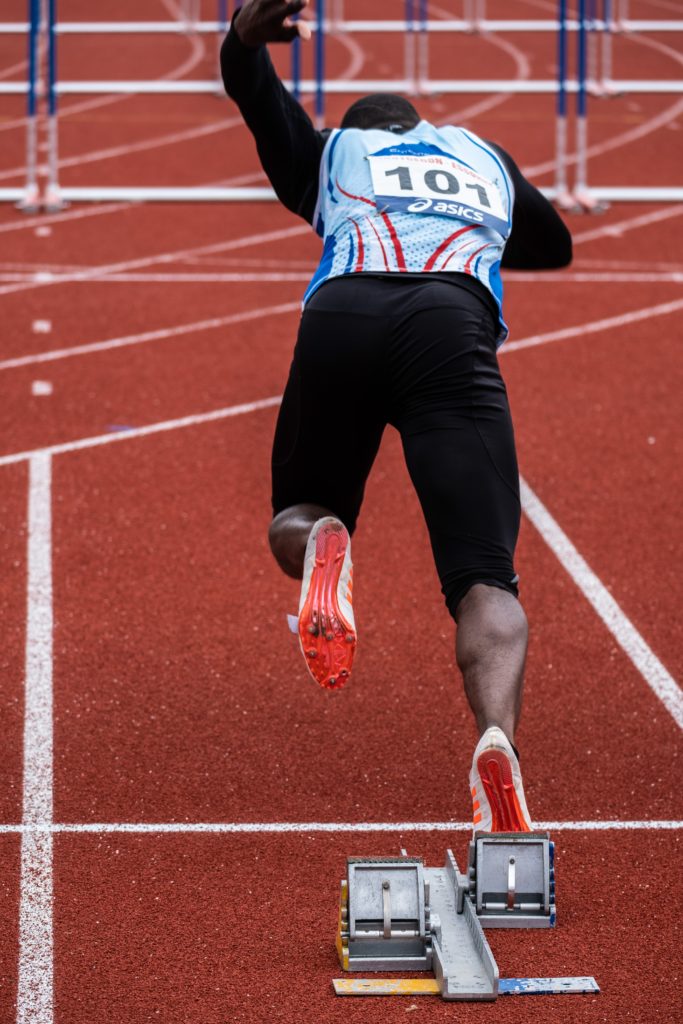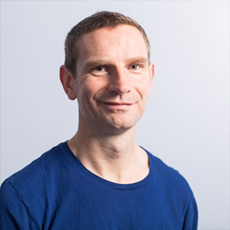
Photo Credit: Nicolas Holzey
his month saw the start of 9 new students on the Doctorate in Sport and Exercise Science at the University of Birmingham. A new cohort of students and the start of a new academic cycle always brings excitement. There are new people to meet and interact with. These come from a range of professional backgrounds in the field of sport science and sports medicine and as a result they have a vast array of experiences to share. I learn so much through the interactions I have with these people and so I am always eager to chat to them in these first weeks. There are also opportunities to try and do a better job of supporting the students in a new cycle based on lessons that were learnt from last year. I personally view the opportunity to support people’s development as a real privilege and so trying to operationalise things that can improve these processes is also a big positive. I have to be honest though and also admit that this time of year also brings with it some worries and doubts. Doctoral level education is challenging, complex and frequently unpredictable. I am certain that the coming months will bring with it some big challenges in the support of these students and know that there will be times when one (or more than one) will stray a little bit too far off the path of effective study. In these situations there are clearly interventions that can be done but you never know if the strategies that seek to employ are relevant or occur in the right time frames. While it is unusual for these situations to not be resolved positively and act as an another opportunity to learn for everyone there are occasions when the damage done to someone’s study can’t be repaired. This is the most difficult part to deal with as it often results in the loss of a student and a lot of personal disappointment on for all.
So, what will we try and do in these first few weeks of the programme to start the students on their journey. Well, a good first step is to help everyone on the programme to become a student again. While everyone will have clearly experienced universities before and so have some experience of post graduate education there is clearly a re-familiarisation that needs to occur. The facilities and processes that support and the learning environment in higher education, especially at universities like Birmingham, change very quickly and so understanding effective ways to engage with the available “tools” (e.g. online learning resources, library systems etc) is crucial to understand as quickly as possible. It’s also really important for students on the programme to accept that they have moved from a position of expertise as high-level professional in their day to day job to one of low experience as a student. The associated “territorialisation of knowledge” can prevent individuals seeking assistance from programme staff and supervisors and inadvertently slow progress. The best students (in my experience) realise quickly that they need to reorientate their thinking and balance the helpful knowledge (often technical) that they already possess and need to preserve with the processes and practices that will be less useful to them now that they can let go of. This “letting go” of the approaches that have partly made someone successful before is difficult for everyone. The support provided from the academic team and also a willingness to “trust the process” are important attributes in helping these things occur. Here in The Graduate School of Sport and Professional Practice in Birmingham we include some personal and professional audits at this stage. These audits are focussed on helping individual students evaluate their technical and personal skills and knowledge. This process hopefully enables individuals to more overtly recognise what they “have” and what they might “need” to complete the projects and the learning required on the programme effectively. These insights enable us to create the individual focus that we see as essential in our delivery at this level. The “point of challenge” that is created for each student is fundamental to their ability to feel motivated and challenged and not overwhelmed by the programme.
The process of becoming a student again should also be combined with a series of other new habits that will enable the student to create space in their life for something new. At this stage of someone’s doctoral journey it is this ability to find a way to get tasks done that seems key to an individual gaining the momentum that is needed for the project to be delivered effectively. These changes in behaviour are not always something that potential students see as being important at the start of the programme. We are all frequently prone to over committing in our professional lives and have all faced tests of resolve when we are trying to incorporate new things into our daily practices. The realisation of what we have got ourselves into is quick to hit us and needs to be followed by suitable adaptations to our practice. The students I have worked with in the past have shown great resourcefulness and amazingly adaptable in these situations. The ways that people can adjust their working practices and their lifestyles to reach their goals is a huge part of the learning associated with doctoral training. Its these changes that I think increase the potential of individuals to influence their world. This is just one example of the transitions that students experience that makes working on these programmes so rewarding. I am very lucky to be able to do what I get to do.

B.Drust@bham.ac.uk
